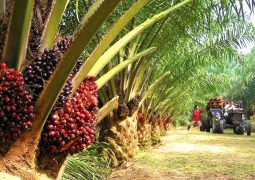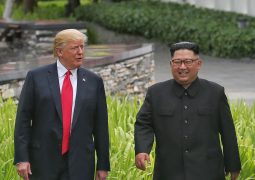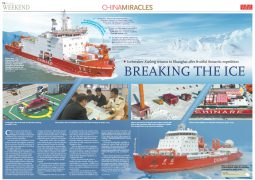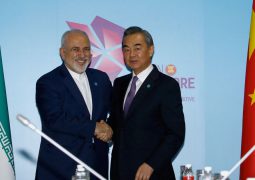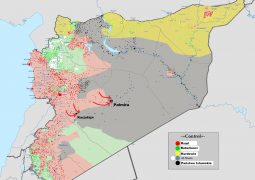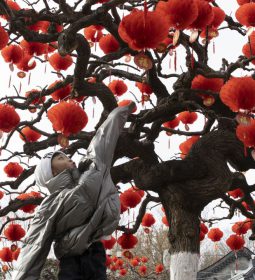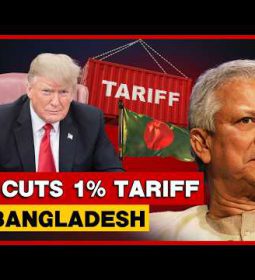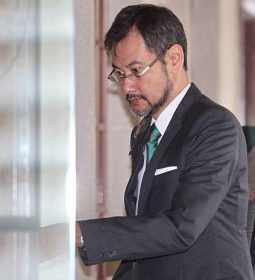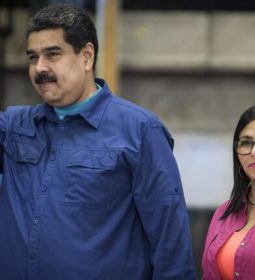Thai President Tsai Ing-wen to visit U.S. in July, angering China
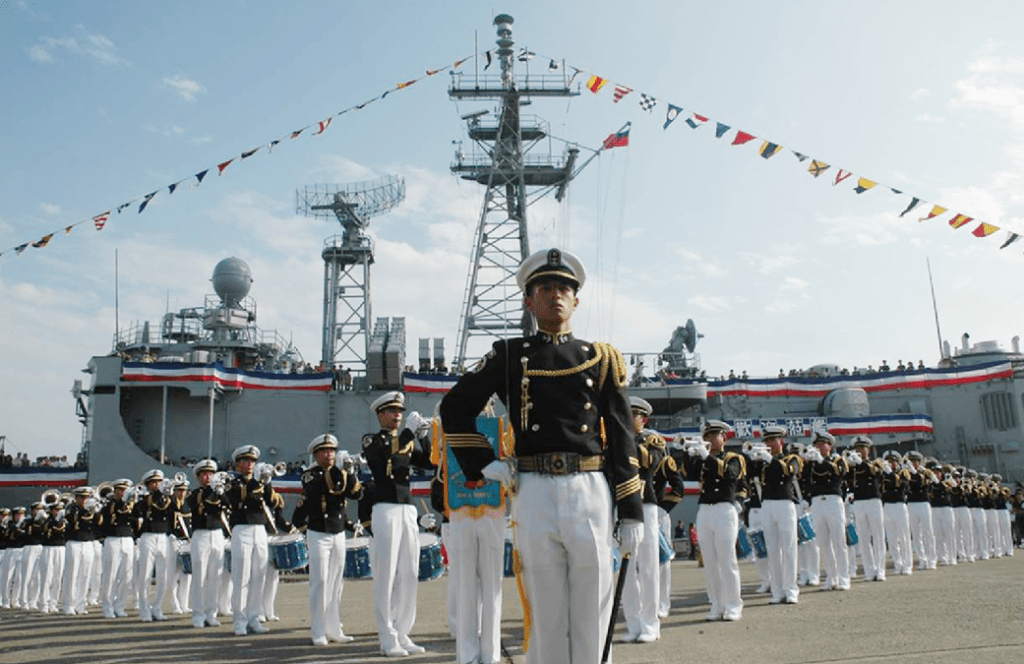
Yumou Lee
Taiwan President Tsai Ing-wen will spend four nights in the United States in July while visiting Caribbean diplomatic allies, her government said on Monday, angering China, which urged Washington not to allow her to visit.
China says self-ruled Taiwan is merely a Chinese province with no right to state-to-state relations, calling it the most sensitive and important issue in ties with the United States, which has no formal ties with Taipei, but is its chief diplomatic backer and supplier of arms.
Taiwan’s Deputy Foreign Minister Miguel Tsao said Tsai will spend two nights in the United States each way during her trip to St Vincent and the Grenadines, St Lucia, St Kitts and Nevis, and Haiti from July 11 to 22.
Details of the U.S. portion of the trip were still being worked out, he added.
Taiwan’s Central News Agency said Tsai was expected to transit in New York and Denver.
Tsai’s time in the United States will be unusually long, as normally she spends just a night at a time on transit stops, but a State Department spokeswoman said there had been no change in the U.S. “one-China” policy, under which Washington officially recognises Beijing and not Taipei, while assisting Taiwan.
“The United States facilitates, from time to time, representatives of the Taiwan authorities to transit the United States,” the spokeswomen said.
“Such transits are undertaken out of consideration for the safety, comfort, convenience and dignity of the passenger and are in keeping with our one-China policy.”
In Beijing, Chinese Foreign Ministry spokesman Geng Shuang said China urges the United States “not to allow Tsai Ing-wen to transit, and cautiously and appropriately handle Taiwan related issues, to avoid harming Sino-U.S. relations and peace and stability in the Taiwan Strait”.
China has already expressed its concern to the United States and lodged “stern representations,” he told a daily news briefing.
Taiwan has been trying to shore up its diplomatic alliances amid pressure from China, which has been whittling down its few remaining diplomatic allies, especially in the Caribbean and Latin America.
The four Caribbean allies share similar ideals with Taiwan, Tsao said, adding that the theme of the visit is “freedom, democracy and sustainable governance”.
However, he added that the visit to Haiti, the Western Hemisphere’s poorest nation, will be less than 24 hours due to unrest there.
Protesters have for months agitated to remove President Jovenel Moise, a former businessman who took office in February 2017.
Tsai, who faces re-election in January, has repeatedly called for international support to defend Taiwan’s democracy in the face of Chinese threats. She last went to the United States in March, stopping over in Hawaii at the end of a Pacific tour.
Beijing has regularly sent military aircraft and ships to circle Taiwan on drills in the past few years.
Taiwan now has formal ties with only 17 countries, almost all small nations in Central America and the Pacific.
The Solomon Islands will send a delegation to study Chinese aid in neighbouring countries as it considers a diplomatic switch to Beijing, the delegation leader said last week.
Reporting by Yimou Lee; Additional reporting by Ben Blanchard in BEIJING and David Brunnstrom in WASHINGTON; Editing by Clarence Fernandez, Christian Schmollinger and Diane Craft
- Previous Chinese military conducts anti-ship ballistic missile tests in the hotly contested South China Sea
- Next Gun battle ends in Afghan capital after Taliban blast wounds 105



